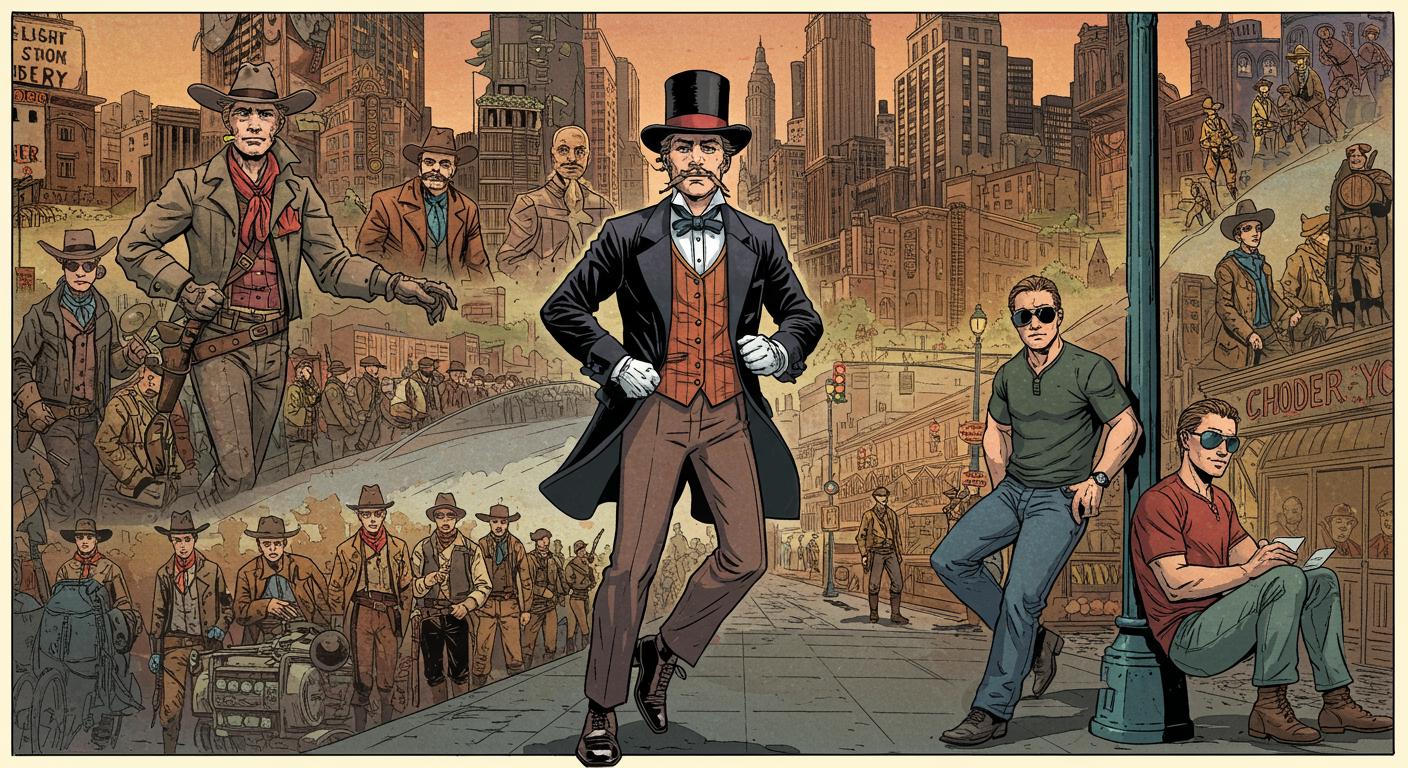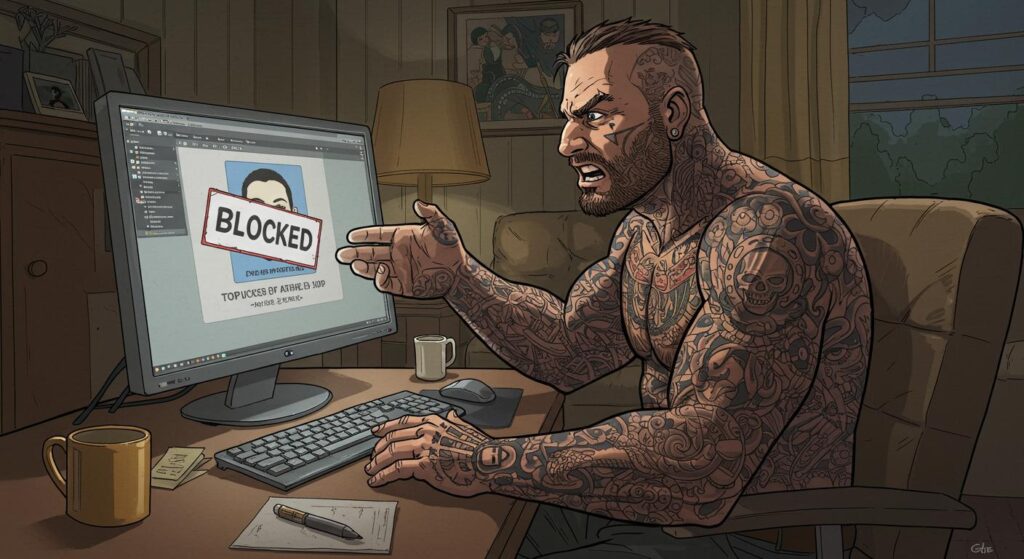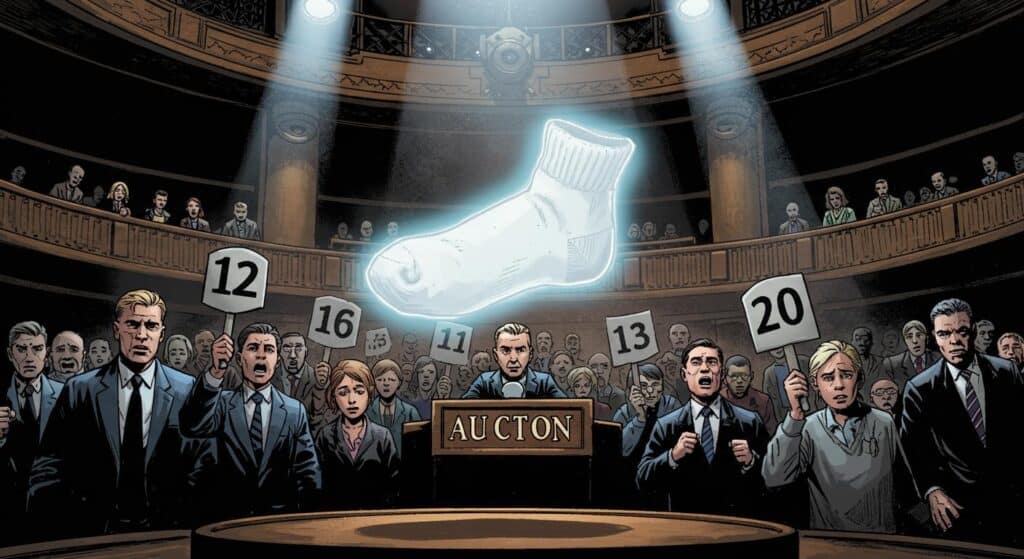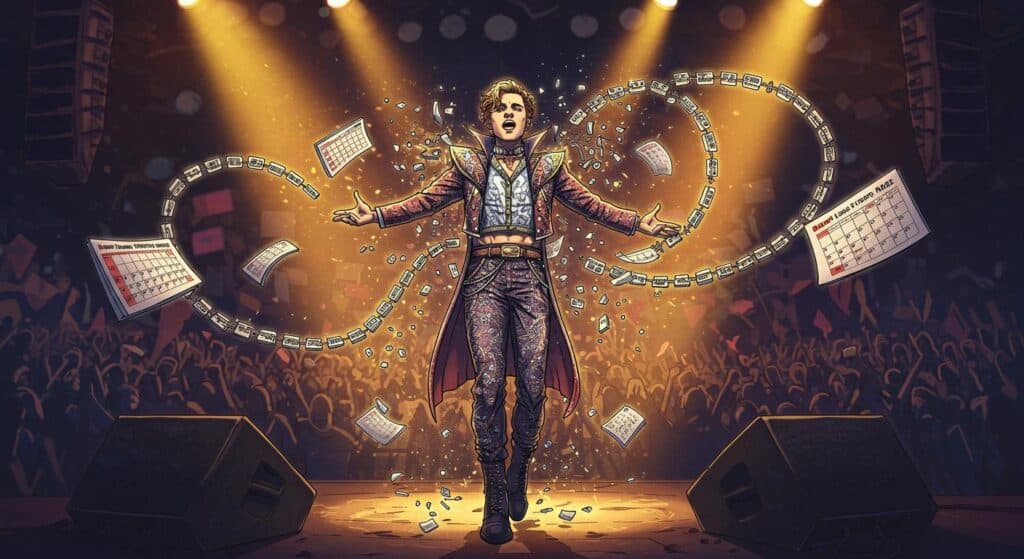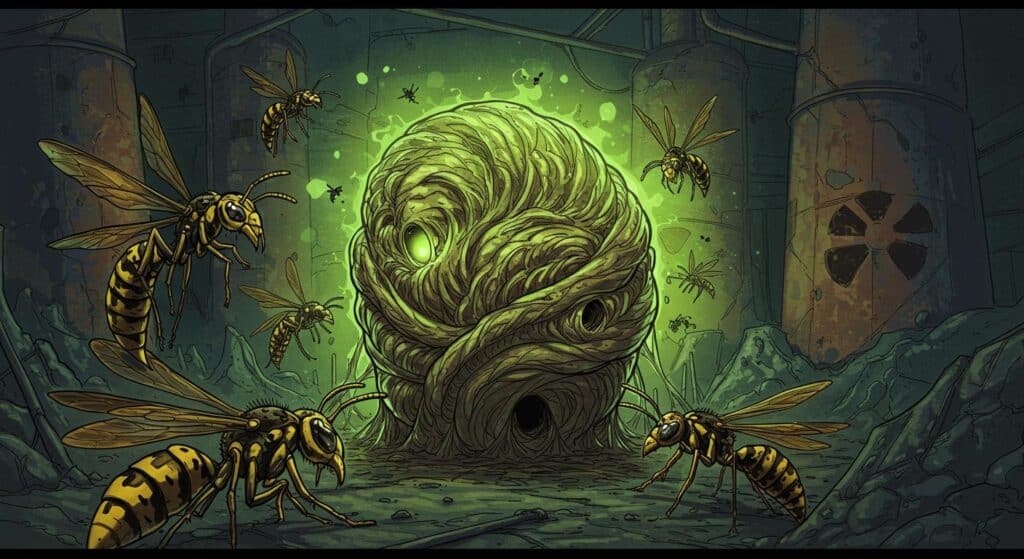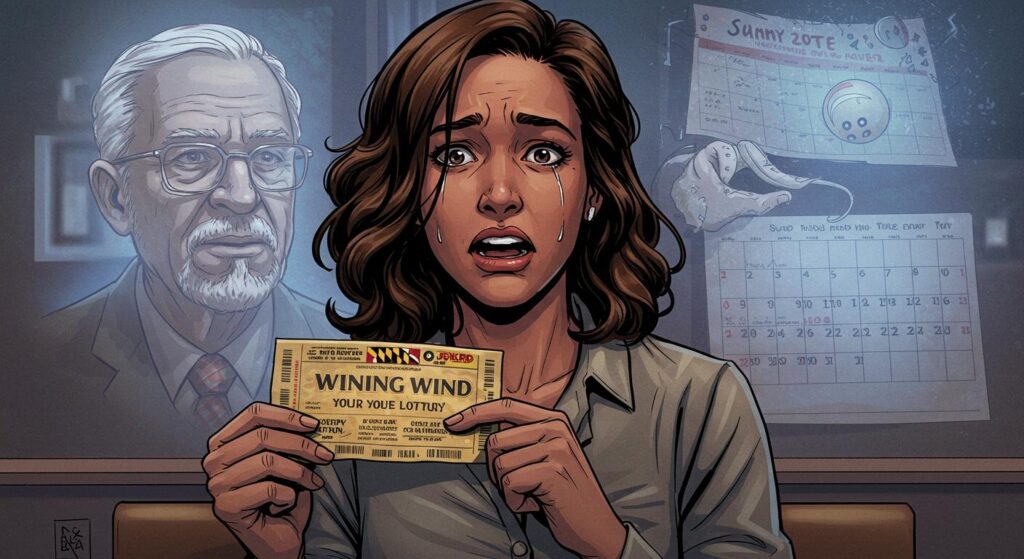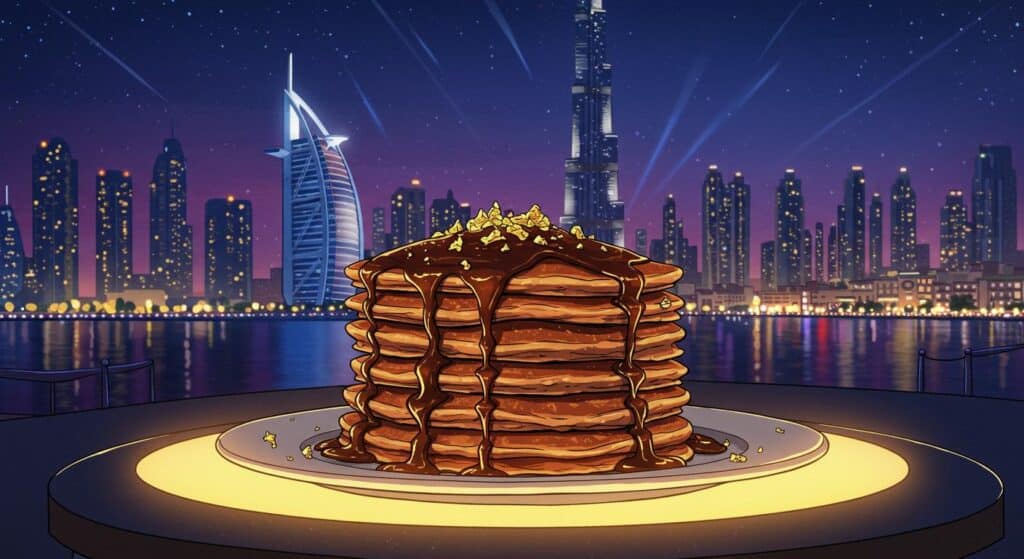You don’t need to be a child of the 80s or 90s to have a mental jukebox stocked with “dude.” Whether it’s the stoned drawl of The Big Lebowski, a Keanu Reeves “Whoa,” or your high school friend punctuating every sentence as if “dude” were a linguistic Swiss army knife, the term is less a word and more a state of being. It slips seamlessly between greeting, exclamation, and existential summary. Yet, as uncovered in NPR’s deep-dive, the history of “dude” is, well, anything but chill.
From Yankee Doodle to 1880s Excess
For all the laid-back baggage “dude” carries now, the word’s roots are dripping with fussy Victorian bravado. Linguist Gerald Cohen, who has spent decades on the trail of the word alongside other language historians (as chronicled in the NPR piece), links its arrival to the late 19th-century New York social scene. There, cartoonists and satirists zeroed in on a group of over-styled young men—vacuous, conspicuously fancy, and striving for a kind of European polish that, in hindsight, reads as the performative “influencer” culture of its day.
The label itself seems to riff on “Yankee Doodle” of songbook fame—a character who, as NPR recounts, famously “stuck a feather in his cap” in a bid to appear sophisticated among British high society. In an ironic echo, a poem titled “The Dude” by Robert Sale Hill, dug up from old New York City newspaper archives by Cohen and his colleagues, lampooned these trendsetters so enthusiastically that, instead of discouraging their kind, it sparked a fad. NPR highlights how this poem became a tipping point, turning “dude” into a punchline that rapidly took on a cultural life of its own.
A vivid example recounted in the NPR feature involves an 1883 New York Times article describing a so-called “dudes’ picnic” in Harlem, where thousands gathered just to gaze upon “men in full dude dress.” It’s hard not to draw parallels to modern pop-up happenings—the spectacle, it seems, is timeless.
Dress Up Cowboys and Dude Ranches
NPR also details how “dude” migrated out of the city and went West, morphing into something new. Bryce Albright, executive director of the National Dude Ranchers Association, explains that affluent Easterners began vacationing on ranches, outfitted in pristine cowboy garb. The performance was so pronounced that ranches began advertising themselves as “dude ranches”—a term both tongue-in-cheek and irresistible from a marketing angle. In the story, Albright notes the ongoing tradition: visitors deck themselves out in new Wranglers and crisp cowboy hats, a spectacle both genuine and faintly comedic to ranch veterans.
This adoption of the word was, at its core, good-natured ribbing—but also a kind of communal playacting. Albright’s observations in NPR’s story make it clear: the humor wasn’t lost on anyone, and today, the tradition lives on.
From Flashy to Familiar
Described further by NPR, the term’s journey continued, landing mid-century in African American and Mexican American communities. Scott Kiesling, a linguistics professor who has studied the term’s evolution, appears in the NPR report to underscore how “dude” initially carried a derogatory intent—particularly directed at those dressing loudly in zoot suits and trilby hats. Yet, as so often happens, the targeted communities reclaimed the insult. NPR documents how “dude” shifted, turning from an outsider’s insult to an insider’s badge, symbolizing solidarity and mutual recognition.
Tracing the thread from there, the term gradually shook off its association with fancy dress entirely, shifting instead toward masculinity and, eventually, California subcultures. NPR notes the handoff to surfers, skaters, and (inevitably) Hollywood itself, where “dude” found its final form—an easygoing, all-purpose exclamation embraced by the everyman and immortalized in film and pop culture.
Dude: Transcending Gender, Trends, and Time
Despite the linguistic churn—consider the rise and fall of “bro”—NPR’s feature observes that “dude” refuses to bow out. According to Kiesling, whose recent survey results are cited in the story, “dude” remains the go-to for friendly, informal connection—even as its gender associations have faded over time. No longer just a dude’s word, it’s morphed into a token of group familiarity, a way of telegraphing camaraderie with barely more than a syllable and a raised eyebrow.
So, what should we make of a term that began as Victorian mockery, sidestepped through cowboy cosplay, and ended up as the language of carefree friendship? Maybe it’s just the fate of all slang to move from inside joke to universal shorthand, or perhaps “dude” was biding its time, waiting for the history—and the wardrobes—to thin out. Is there another word with such a perfectly circuitous route to chill ubiquity? Or, as a certain bathrobe-wearing bowler might say, “That’s just, like, your opinion, dude.”
For those who want to take the full ride, NPR’s original exploration rewards the curious. Even a quick skim makes one thing clear: whatever vibe “dude” gives off today, its backstory is anything but laid-back.

